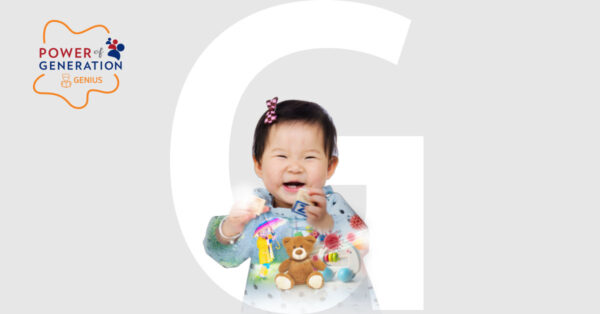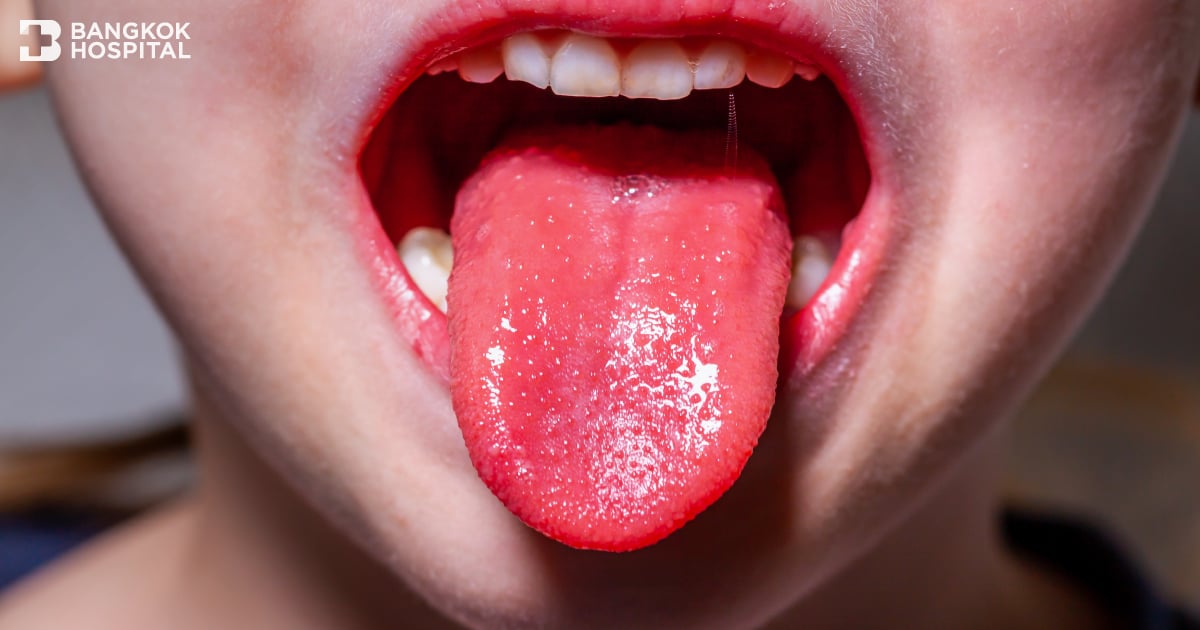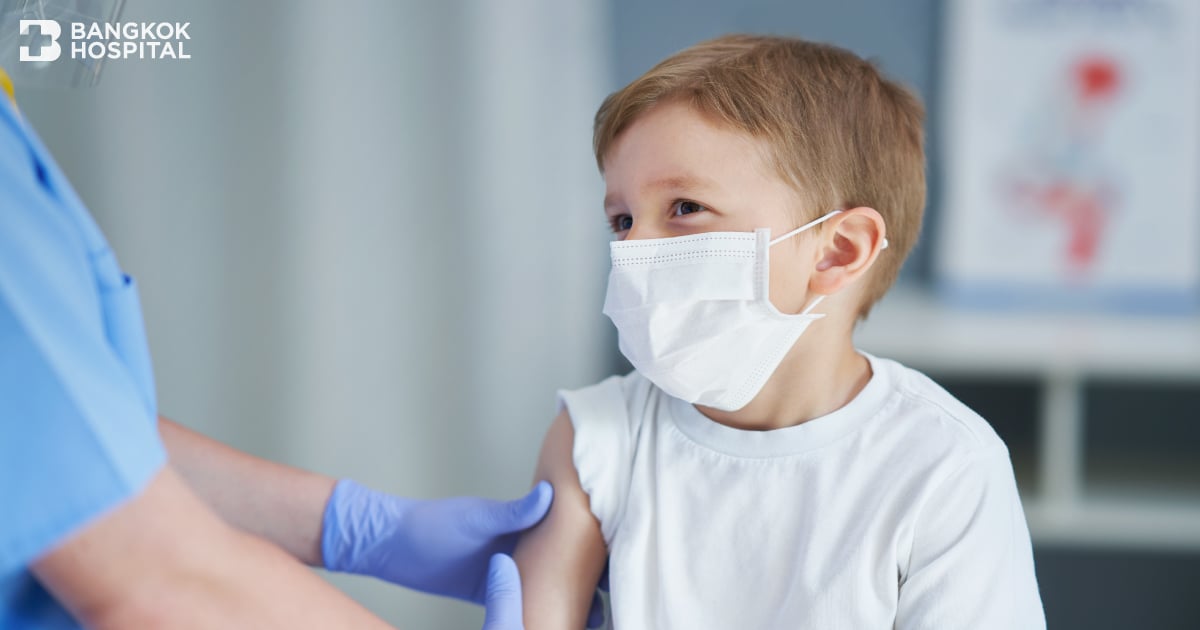Ways to Enhance Children’s Development and Dental Health
Your relationship with your child is one of the most important influences on your child’s learning and development. Development is how your child grows physically and emotionally and learns to communicate, think and socialize. Moreover, oral hygiene and dental health are also important. As impaired physical appearance due to dental disease can further limit children’s ability to socialize with confidence and develop social norms and relationships.
Child’s development
The early years of a child’s life are very important for his or her health and development. Healthy development means that children are able to grow up where their social, emotional and educational needs are met. Among children of the same age, there is a range of what is normal in the way they develop socially, emotionally, intellectually and physically. There are 4 areas of child development.
- Physical development – the process by which a child’s body grows and acquires movement, including fine and gross motor skills (kicking a ball, riding a bicycle, picking up small objects with thumb and index finger, etc.)
- Cognitive development – the construction of thought processes, including remembering, problem solving, and decision-making (the ability to picture, remember, understand, and replicate objects in their minds)
- Emotional development – the ability to recognize, understand, express and manage a wide range of feelings (angry, jealous, worry, please, aggression, etc.)
- Social development – the ability to do more things for his/herself (taking a bath, dressing, putting on shoes), interact with others, and sharing things
Development milestones for 1-4 years
- 1 year – Says mommy and daddy, tries to say words you say, repeat sounds
- 1 year and 3 months – point to body parts when you name them, drink from a cup
- 1 year and 6 months – walk alone, point to show what he/she wants, can follow simple commands
- 1 year and 8 months – say sentences with 2-3 words, say what he/she wants, talk back to you
- 2 years – know names of familiar people and things, eat by him/herself
- 2 years and 6 months – start asking, brush teeth, mimic what others do
- 3 years – says first name, age, and sex, know give and take, can wait for something
- 4 years – start asking why, take turns in games, can tell the sizes (big/small, long/short)
Your child’s primary teeth
Baby teeth may not seem all that important, but they are extremely essential to the child’s health. The purposes of baby teeth are:
- • Chewing food
- • Give the face its normal appearance
- • Give the child confidence
- • Develop healthy smiles
- • Aid in the development of clear speech
- • Reserve space for their permanent counterparts
Caring for primary teeth
Taking good care of baby teeth can help children to develop healthy oral habits that will last a lifetime. This will increase the chances of long-term oral health and decrease the chances of dental problems in the future. Tooth decay in infants is often referred to as baby bottle tooth decay. Tooth decay develops when the child’s teeth and gums are exposed to any liquid or food other than water for long periods or frequently throughout the day. Natural or added sugars in the liquid or food are changed to acid by bacteria in the mouth. This acid then dissolves the outer part of the teeth, causing them to decay. The most common way this happens is when parents put their children to bed with a bottle of formula, milk, or juice.
The first baby tooth usually erupts at the age of 6-7 months. The two front teeth (central incisors) in the lower jaw are usually the first to erupt. The timing of tooth eruption differs from child to child. For example, one child may cut their first tooth when only a few months old, while another may not start teething until they are 12 months old or more. Generally, the average child has their full set of 20 primary teeth by the age of 2½ – 3 years. All infants should receive oral health assessments starting at 6 months of age or not longer than 6 months from the time the first tooth erupts.
How to prevent tooth decay in babies
Streptococcus mutans is the main contributor to decay and the breaking down of tooth enamel. The bacteria breaks down sugar for energy and produces an acidic environment, which demineralizes the superficial structure of the tooth. The bacteria can build up on the surfaces of the teeth at any age – from infancy, before baby teeth erupt, to those who’ve had their adult teeth for decades. However, you can take the following steps to prevent tooth decay:
- Make an appointment to have your child see the dentist before the age of 1. This visit gives your child an opportunity to meet the dentist in a non-threatening and friendly way. The dentist will also educate parents about oral health care basics for children and fluoride needs.
- Once your child has a tooth, you should be brushing them twice a day with a smear of fluoride toothpaste the size of a grain of rice, especially after the last drink or food of the day.
- Limit snacks to 2 times a day. Avoid sugary snacks such as jelly, soft drinks, and sweetened drinks.
- Avoid eating between meals.
- If your child has these habits – thumb sucking, biting nails, biting lips, consult the dentist for advices.
It is important to note that good oral care begins from birth. Baby teeth can affect your child’s overall health and development. Ideally your child’s first dental visit should take place after their first tooth appears, but definitely no later than their first birthday. Your child can start getting cavities as soon as they have teeth, so get them in as early as you can. Your child’s smile will be healthy for life if you’re proactive about their dental health now.
References:
Dr. Darawan Homrossukhon, a pediatric dentist at Bangkok Hospital
Dr. Porntep Suandok, a pediatrician at Bangkok Hospital



















